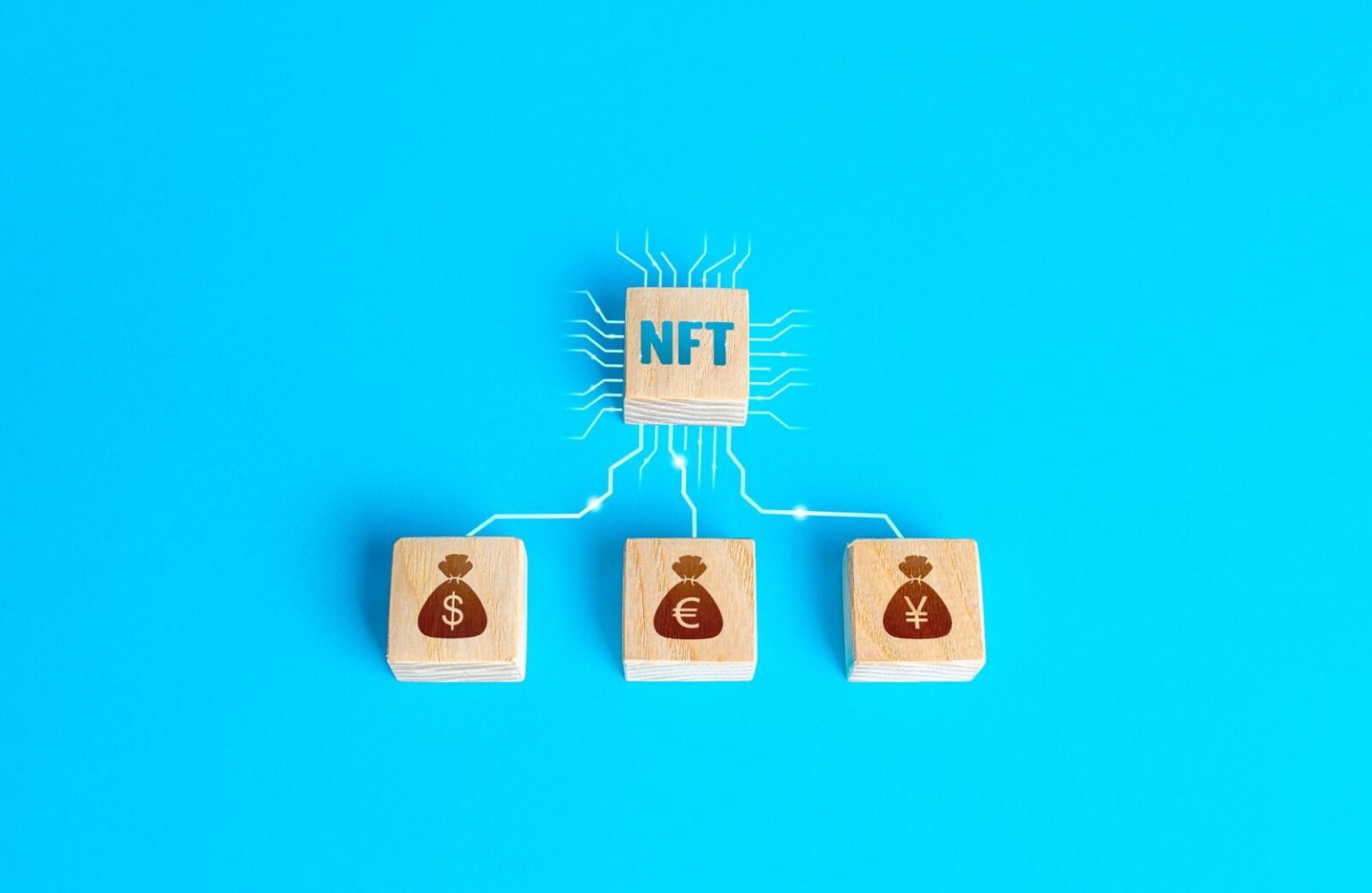The saga over subscription-based social media platform OnlyFans, which announced it would ban sexually explicit content only to reverse that decision a week later, has highlighted just how quickly such a platform can move the goalposts for those relying on it for an income. Yes, the most successful “content creators” on OnlyFans can reportedly make more than US$100,000 a month. But they are the minority. Most barely make enough to justify the hustle, with the median income estimated to be US$180 a month. Strip away the sexy marketing and what you have is just another digital platform facilitating another form of gig work, substantially no…
Author: The Conversation
Over the past 25 years, the name “Google” has become synonymous with the idea of searching for anything online. In much the same way “to Hoover” means to use a vacuum cleaner, dictionaries have recognised “to Google” as meaning to undertake an online search using any available service. Former competitors such as AltaVista and AskJeeves are long dead, and existing alternatives such as Bing and DuckDuckGo currently pose little threat to Google’s dominance. But shifting our web searching habits to a single supplier has significant risks. Google also dominates in the web browser market (almost two-thirds of browsers are Chrome) and web advertising (Google…
Digital technology is ubiquitous. We have been increasingly reliant on smartphones, tablets and computers over the past 20 years, and this trend has been accelerating due to the pandemic. Conventional wisdom tells us that over-reliance on technology may take away from our ability to remember, pay attention and exercise self control. Indeed, these are important cognitive skills. However, fears that technology would supplant cognition may not be well founded. Technology alters society Socrates, considered by many to be the father of philosophy, was deeply worried about how the technology of writing would affect society. Since the oral tradition of delivering speeches…
September marks the 10th anniversary of “Dark Souls,” one of the most important and influential video games of the last few decades. The game has generated a large and dedicated online player community and has inspired a new genre of interactive storytelling — the “soulslike.” These games are defined by high difficulty, explorative gameplay and a melancholic atmosphere. As a fan of “Dark Souls,” I am struck by how it takes up similar themes present in the early 19th-century Romanticist texts that I study for my PhD work in early post-apocalyptic literature. “Dark Souls,” as well as other soulslike games such as “Mortal Shell,” “Hollow Knight,” and…
In recent decades the cost of wind and solar power generation has dropped dramatically. This is one reason that the U.S. Department of Energy projects that renewable energy will be the fastest-growing U.S. energy source through 2050. However, it’s still relatively expensive to store energy. And since renewable energy generation isn’t available all the time – it happens when the wind blows or the sun shines – storage is essential. As a researcher at the National Renewable Energy Laboratory, I work with the federal government and private industry to develop renewable energy storage technologies. In a recent report, researchers at NREL estimated that the potential exists to increase U.S.…
Hearables are wireless smart micro-computers with artificial intelligence that incorporate both speakers and microphones. They fit in the ears and can connect to the internet and to other devices, and are designed to be worn daily. Some technology companies are now marketing these as “the future of hearing enhancement,” and focusing on their capacities to disrupt existing hearing aid markets. But hearables aren’t hearing aids, ear plugs, headphones or headsets, although they could acquire the benefits of these devices. This means that one could rely on hearables as a kind of always-worn personal assistant nested in the ear, whether used for whispering…
NFTs or non-fungible tokens first captured the public imagination when a digital collage by an artist named Beeple sold for US$69 million (£51 million) at Christie’s in March 2021. Since then, there has been an explosion in the use of these units for storing digital content, which are bought and sold using online ledgers known as blockchains. Since that initial connection with art, we are seeing NFTs being used in numerous other ways. Notably, many are being traded as collectables on exchanges like OpenSea and Rarible. Lately, for example, a series of 8,888 adorable “Pudgy Penguins” made a splash, each reflecting its own unique characteristic,…
Galaxies – massive collections of gas, dust, and billions of stars and their solar systems – are a fundamental component of our Universe. Understanding how they have formed and evolved over cosmic eras remains one of the greatest challenges of modern astronomy. There are a few reasons for this. First, the number of galaxies: astronomers have estimated that there are roughly 200 billion galaxies in our Universe. Second, the sheer size and age of these galaxies. Their ages range from 100 million to 10 billion light years and the size ranges from roughly 3,000 to 300,000 light years. One light year is…
If you think your manager treats you unfairly, the thought might have crossed your mind that replacing said boss with an unbiased machine that rewards performance based on objective data is a path to workplace happiness. But as appealing as that may sound, you’d be wrong. Our review of 45 studies on machines as managers shows we hate being slaves to algorithms (perhaps even more than we hate being slaves to annoying people). Algorithmic management — in which decisions about assigning tasks to workers are automated — is most often associated with the gig economy. Platforms such as Uber were built on…
It’s a well-worn stereotype: the image of an elderly person fiddling with technology that leaves them completely bamboozled. The media often depict older people struggling to use or manage digital technology. While this is often designed to be humorous, it can undermine them as users of technology. And that’s a problem if it turns older people off from trying to engage with digital devices, as it can affect their wellbeing. Older adults are already at a digital disadvantage: 18% of over-65s do not have internet access. Propelled by enforced isolation, older people increasingly turned to technology during the pandemic, but not all were able…










